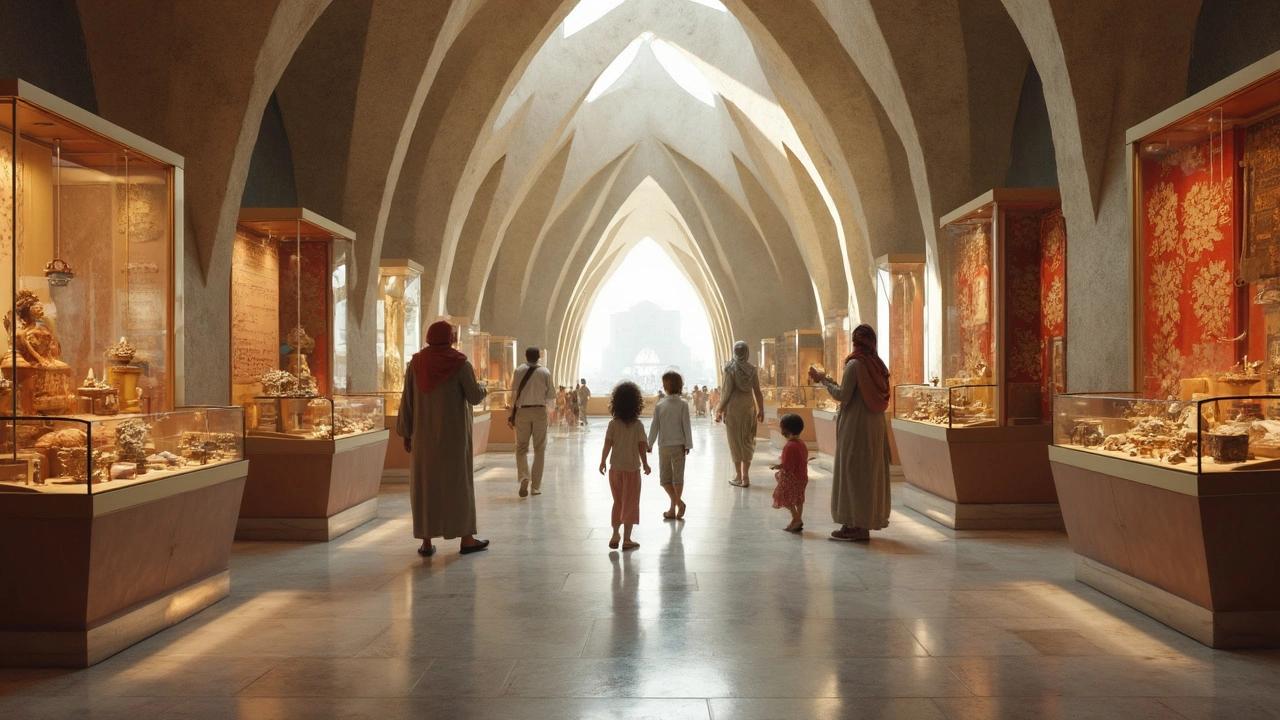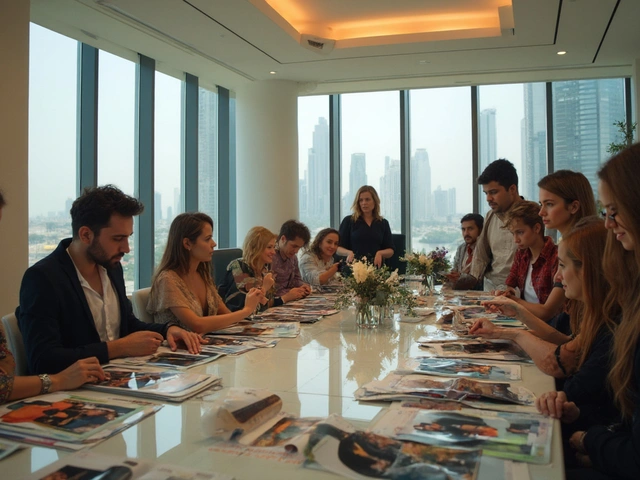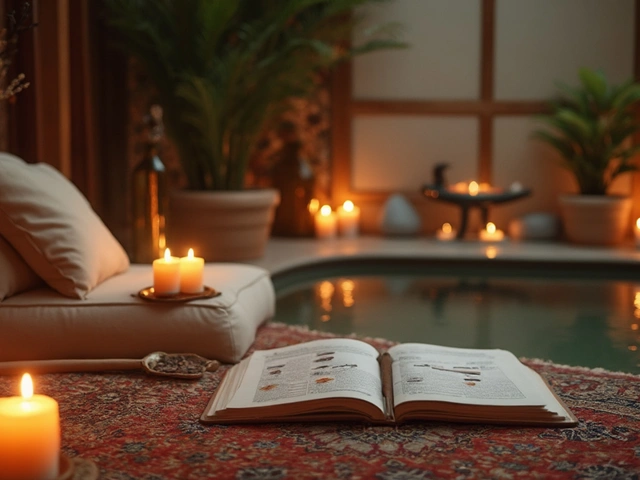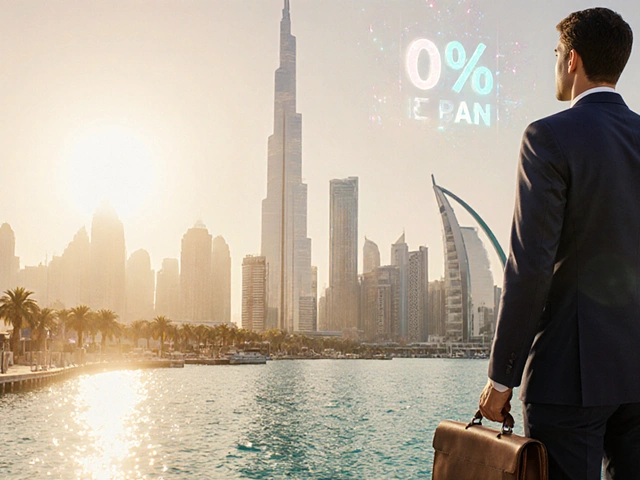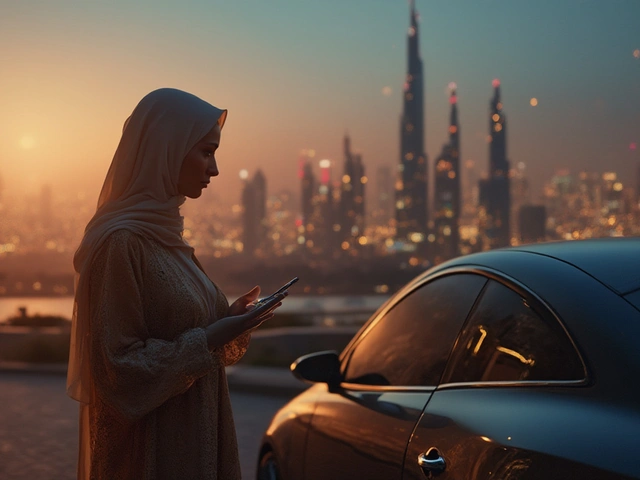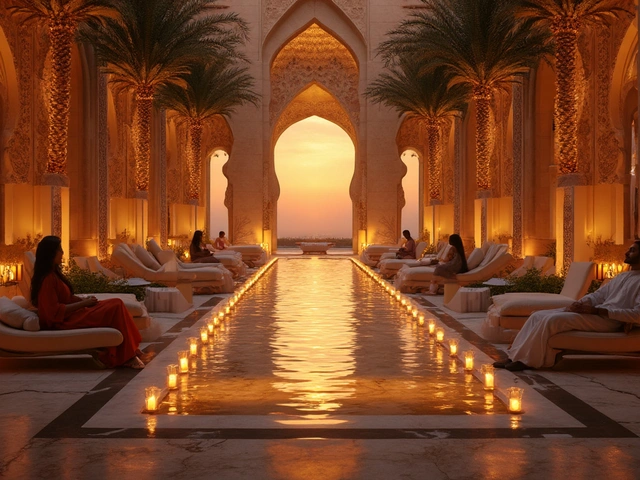Preservation in Dubai: Protecting Nature, Wildlife, and Heritage
Dubai isn’t just about glitz and skyscrapers; it’s also building a future where nature and heritage survive alongside the hustle. Whether you’re snapping photos at the Dubai Frame or diving into the Dubai Mall Aquarium, you’re stepping into a city that’s quietly shaping its own preservation story.
Marine Life Preservation at the Dubai Aquarium
The Dubai Aquarium isn’t only a tourist hotspot; it’s a hub for marine conservation. The attraction runs education programs that teach visitors about shark safety, coral health, and the impact of plastic waste on the Gulf. If you’re planning a visit, ask staff about the “Marine Conservation Tour” – it’s free, takes about 20 minutes, and shows you how the aquarium partners with local NGOs to rescue sea turtles and monitor reef health.
Simple actions add up: bring a reusable water bottle, refuse single‑use plastics, and stay on designated pathways to protect the tank’s delicate ecosystem. Even buying a souvenir from the official shop supports funding for research and breeding programs.
Cultural Heritage and Architectural Preservation
Dubai’s rapid growth has sparked a new wave of architectural preservation. The Dubai Frame, for example, isn’t just a photo‑op; it’s designed to bridge the old and the new, showcasing historic neighborhoods on one side and the futuristic skyline on the other. Guided tours highlight how engineers used sustainable materials and how the structure serves as a public space for events that celebrate Emirati culture.
Another hidden gem is Al Fahidi Historic District, where traditional wind‑tower houses are maintained by a community trust. Walking through the narrow lanes, you’ll see restored courtyards, art galleries, and cafés that keep the spirit of old Dubai alive. Support these spots by visiting local cafés, buying handcrafted items, and respecting the quiet residential vibe.
So, how can you contribute while you’re out exploring? Stick to official tour operators, follow signage, and avoid littering. If you spot a damaged plaque or broken bench, let the site’s staff know – many places rely on visitor reports to fix issues quickly.
Dubai’s preservation push isn’t limited to big attractions. The city runs beach clean‑up days, sponsors tree‑planting in desert parks, and offers certifications for hotels that adopt eco‑friendly practices. Look for the “Green Key” label when booking accommodation; staying at a certified hotel means you’re indirectly funding energy‑saving initiatives and water‑recycling projects.
In short, Dubai’s preservation scene blends high‑tech marine labs with centuries‑old courtyard houses. By staying informed, choosing responsible services, and making small eco‑friendly choices, you help the city keep its natural wonders and cultural treasures thriving for the next wave of visitors.

